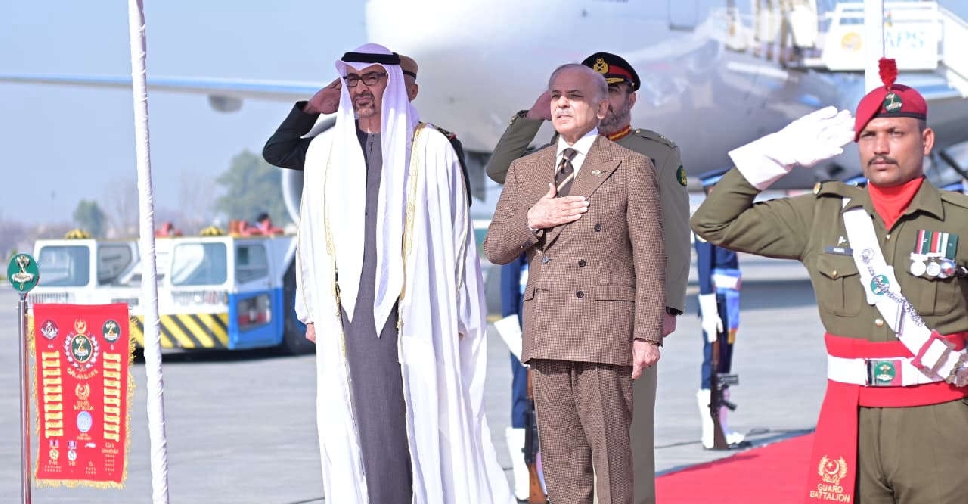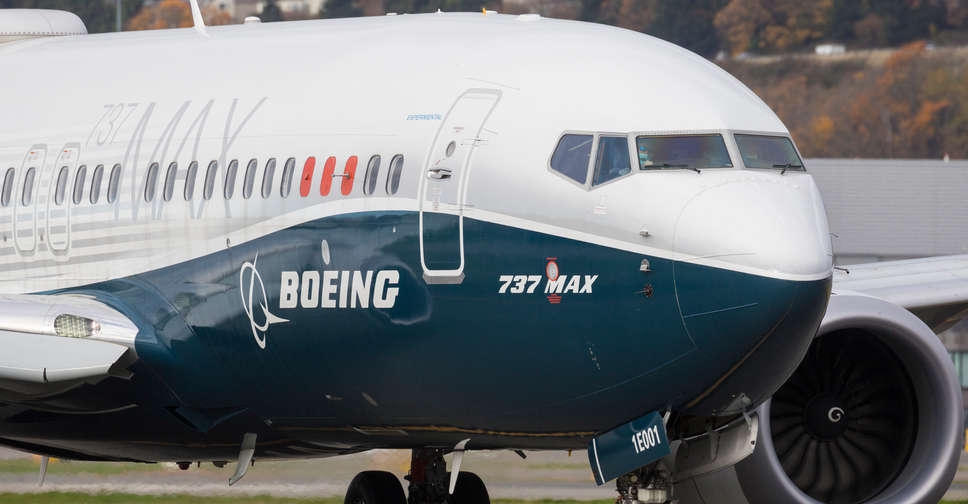
Boeing made a "best and final" pay offer to thousands of striking workers on Monday, but its largest union declined to put it to a vote, saying the planemaker had refused to bargain over the proposal that fell short of members' demands.
The US planemaker offered to reinstate a performance bonus, improve retirement benefits and double a ratification bonus to $6,000 (AED 22,000) if the workers accept the offer by Friday, according to a letter sent to International Association of Machinists and Aerospace Workers officials by the company.
Boeing is under intensifying pressure to end the strike that could cost it several billion dollars, fraying the company's already-strained finances and threatening a downgrade of its credit rating.
But IAM District 751 said it would not hold a new vote on the offer, which is contingent on being approved by Friday and was not negotiated with the union.
"Logistically we don't have the ability to set up a vote for 33,000 people in a few days like that anyway. Plus, it missed the mark on many of the things our members said were important to them," said Jon Holden, the president of IAM District 751 who is the lead negotiator on the Boeing contract.
He said the union planned to survey members on Monday evening to get their views on the latest Boeing proposal.
"We are not obligated to vote (on) their offer," Holden said in an interview with Reuters. "We may, down the road. But our hope is that we can get into some discussion so we can actually address the need of our members."
He said the Boeing proposal did not fully address priorities around retirement, wages and other issues.
Boeing said in a statement that its latest offer, which came after unsuccessful federal mediation last week, made significant improvements and addressed feedback from the union and employees.
"We first presented the offer to the union and then transparently shared the details with employees," the company said.
More than 32,000 Boeing workers in Portland and the Seattle area walked off the job on September 13 in the union's first strike since 2008. The workers, who have sought 40 per cent higher pay as well as the restoration of a performance bonus, rejected a previous offer by the company.
The union represents the workers who build Boeing's best-selling 737 MAX and other jets.
Boeing's commercial planes chief Stephanie Pope had told workers before the strike that the company had held nothing back and that its offer at that time was the best deal they would get.

 Dubai Free Zones Council reviews efforts to boost investor experience
Dubai Free Zones Council reviews efforts to boost investor experience
 ADFD finances project to enhance water security in Mauritania
ADFD finances project to enhance water security in Mauritania
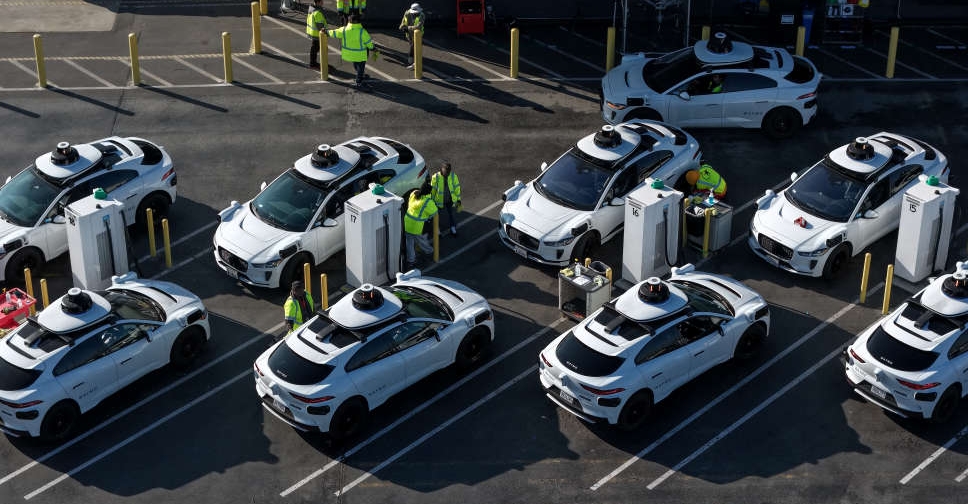 Waymo to update software after power outage snarls self-driving vehicles
Waymo to update software after power outage snarls self-driving vehicles
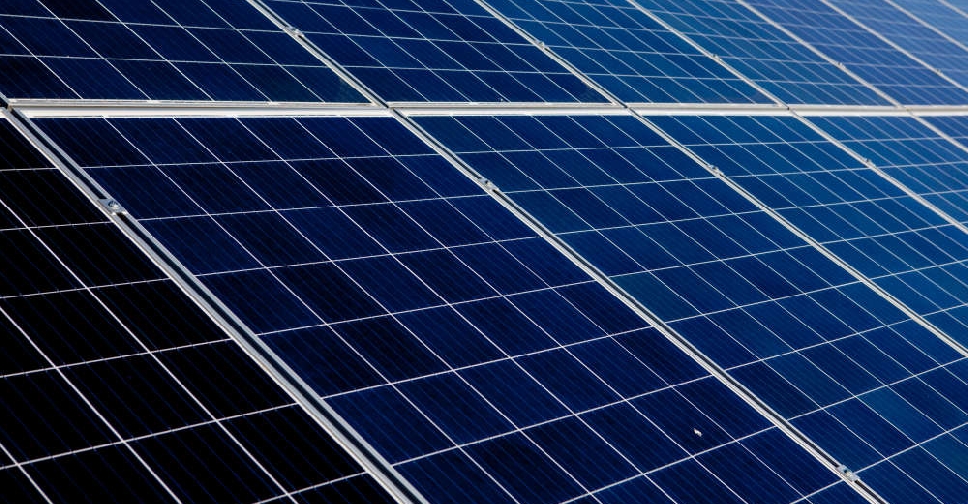 Masdar to develop Southeast Asia’s largest floating solar plant
Masdar to develop Southeast Asia’s largest floating solar plant
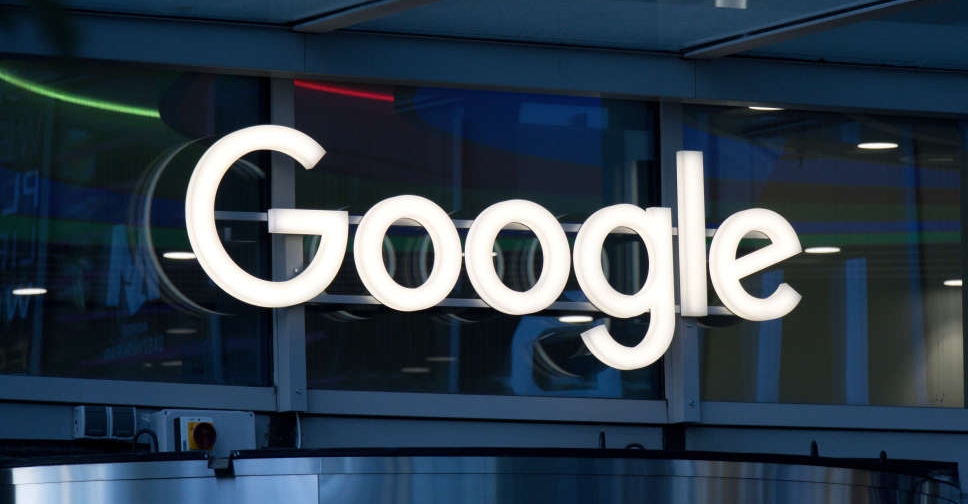 New York Times reporter sues Google, xAI, OpenAI over chatbot training
New York Times reporter sues Google, xAI, OpenAI over chatbot training


